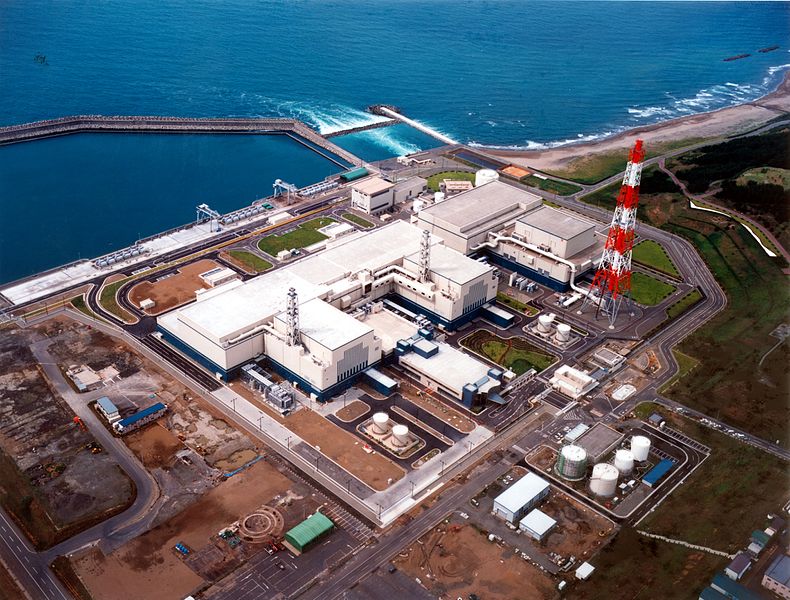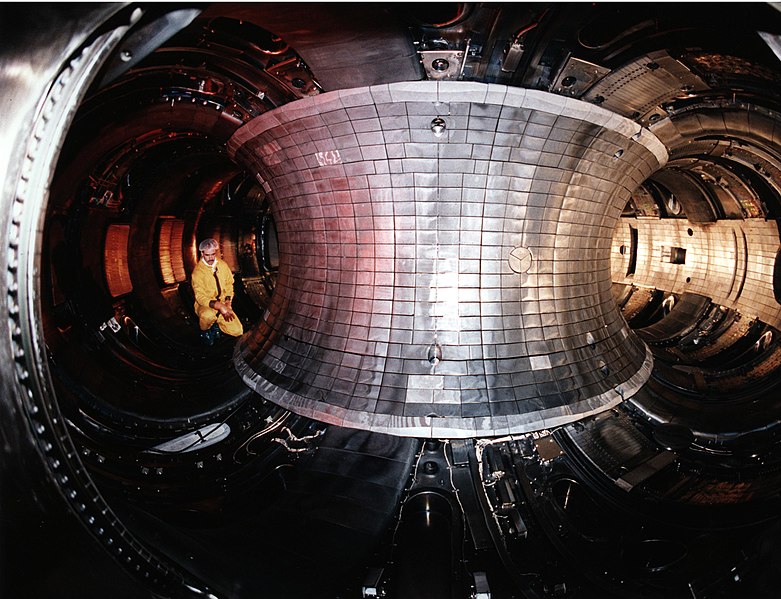From Shutdown to Startup: The Resurgence of Japan’s Largest Nuclear Plant
Japan has restarted operations at the Kashiwazaki-Kariwa nuclear power station, the world’s largest in terms of electrical output. The plant was idled after the 2011 Fukushima disaster, which heightened safety concerns globally.
Tokyo Electric Power Company Holdings (Tepco) is poised to undertake the fuel loading process at the Kashiwazaki-Kariwa nuclear plant, aligning with Japan’s ongoing efforts to revive its nuclear power fleet. The Nuclear Regulation Authority granted approval for the insertion of fuel rods into the No. 7 reactor at the Niigata Prefecture site. However, before Tepco can proceed with reactor restart operations, the plant must undergo further inspections and obtain consent from the local governor—a process that’s not guaranteed.
Japan Loads the World’s Biggest Nuclear Reactor With Fuel
This approval signifies progress for Tepco’s facility, which has remained inactive since the 2011 Fukushima nuclear incident forced all of Japan’s reactors offline. The company plans to transfer 872 fuel assemblies, currently stored in a pool on the plant’s premises, into the reactor.
This restart follows extensive safety improvements and the adoption of a new type of nuclear fuel. Proponents argue that it strengthens Japan’s energy independence and reduces reliance on fossil fuels. However, the decision has sparked debate, with some citizens expressing anxieties about nuclear safety. The new fuel type is intended to be more resilient to meltdowns, a critical consideration after Fukushima. The plant has also undergone rigorous safety upgrades, including stronger earthquake and tsunami protections.
Despite these measures, public opinion in Japan remains divided on nuclear power. The Fukushima disaster caused widespread devastation and continues to cast a shadow. Opponents fear another incident could have catastrophic consequences. The future of nuclear power in Japan remains uncertain. The Kashiwazaki-Kariwa restart marks a significant step, but it’s likely to be closely monitored and debated for years to come.







